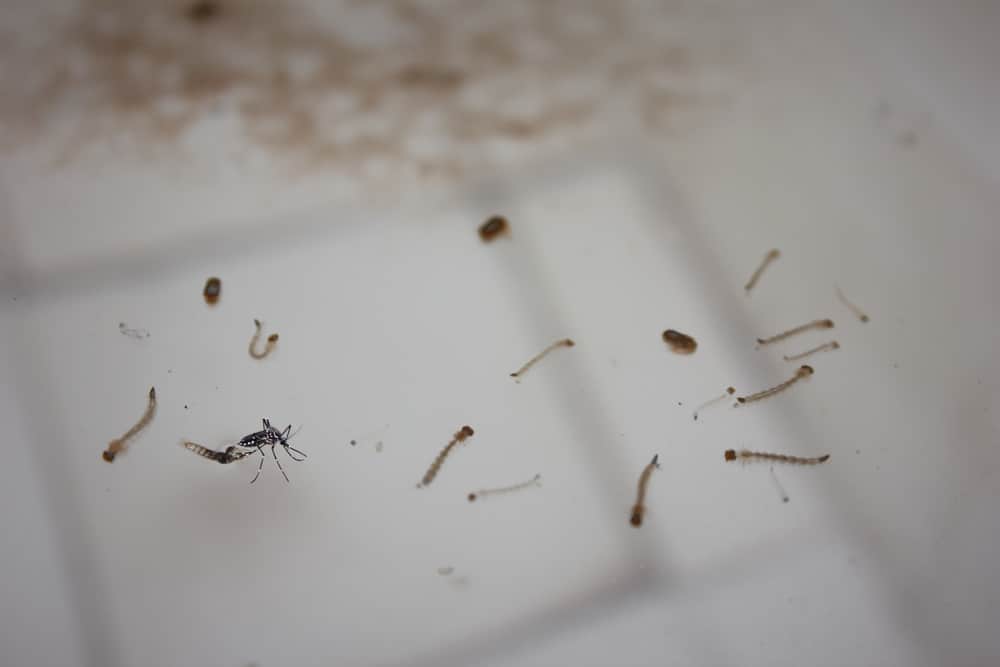Contents:
- Medical Video: How To Get A Stubborn Child To Eat Dinner | Supernanny
- My child likes to be picky. What to do?
- How do I make sure my child eats balanced?
- How about a snack?
- How do I make meal times easier?
Medical Video: How To Get A Stubborn Child To Eat Dinner | Supernanny
How much your child eats will be different from other children. Don't worry if your child eats only a little at a time. Children generally will "make up for" these shortcomings at the next meal hour or with a snack.
If your child is a child who is active and growing well, it means that your child is classified as healthy. Discuss with your doctor if you have concerns about the baby's growth process or if you are worried about the habit of choosing foods that will inhibit its growth.
My child likes to be picky. What to do?
Toddlers generally like to choose food (picky eater) This behavior is fairly normal in some toddlers. Maybe at one time your child would prefer just one type of meal and would not eat at all at other times. Give your child a variety of nutritious food choices and let him choose what he wants to eat.
You may just slip your little one's favorite snack among other new foods. But, let your child explore with the food. Don't force your child to eat certain foods. You might need to offer a variety of new foods before your child wants to try them.
Flexible with the food you prepare for your little one so he gets balanced nutrition. For example, if you make beef beefsteak for dinner, but your child only wants to eat potatoes and carrots, you might have to cook the vegetables apart from beef beefsteak so the little one wants to eat.
Make a list of foods that your child likes so you can make sure he always wants to eat and get balanced nutrition. Learn all information about nutrition for children and adults through the internet or health books.
Make yourself as role model that is good for your child. If your child sees you eating with a healthy and balanced diet, as well as varied side dishes, your child will slowly follow in your footsteps.
How do I make sure my child eats balanced?
Give delicious food and make it look in such a way as to invite appetite. Give in sufficient portions. 2 year olds should receive 2 tablespoons of vegetables, rice and meat each. If your little one is still hungry, you can add portions.
Don't force your child to eat all of his food. When they feel full, allow them to stop eating.
Don't bribe your child to eat (like giving dessert as a gift). Threats or punishments are not a good idea. If your child doesn't want to eat, accept his rejection. Even if you are worried, don't show that you are upset with his rejection. If your child is just looking for attention, your anger is just as he wants. This behavior will become a habit later on.
How about a snack?
Your child must fulfill a diet 3 times a day interspersed with 2 times a snack. Toddlers usually don't eat enough at one time to keep feeling full until the next meal. Give your child a healthy snack between meals, such as low-fat cheese, yogurt, pieces of fruit, sliced meat, or wheat crackers coated with peanut butter.
Don't offer your child a snack while approaching dinner. If the next meal time is still a few hours, you can give a snack. Empty stomach during meals means the greater the chance for your child to eat food.
If your child goes through one meal, you can give nutritious snacks a few hours later. If the snack is not eaten, offer food at the next meal. Children usually won't miss lunch. Using this approach, you can make sure your child does not starve too long or has eating problems.
How do I make meal times easier?
You can try some of the suggestions below to make it easier for you and your child at mealtime:
- Tell your child 5 - 10 minutes before meals, that soon he must eat. Children may be exhausted after the activity, as a result they will be lazy to eat and prefer to rest. With notification before meal time, this will give your child time to calm down before eating.
- Introduce children with routines. Your child will feel more comfortable with routines and schedules that he can predict, so determine regular eating times.
- Make sure the meal time is spent on eating and chatting with fellow family members. Don't let your child play while eating. Similarly, reading books or watching TV. Explain why you forbid these activities and the importance of spending time with family at the dinner table until everyone is finished with the food
- Make mealtime fun. If the time spent eating is pleasant, your child will look forward to eating with family. Avoid fighting at the dinner table.
- Manage your expectations. Don't expect your child to adhere to etiquette that is too difficult for him to understand. For example, don't force your little one who is 3 years old to use the right eating device. For some children, some foods may be more easily eaten directly by hand than eating with a spoon, so let it do it












